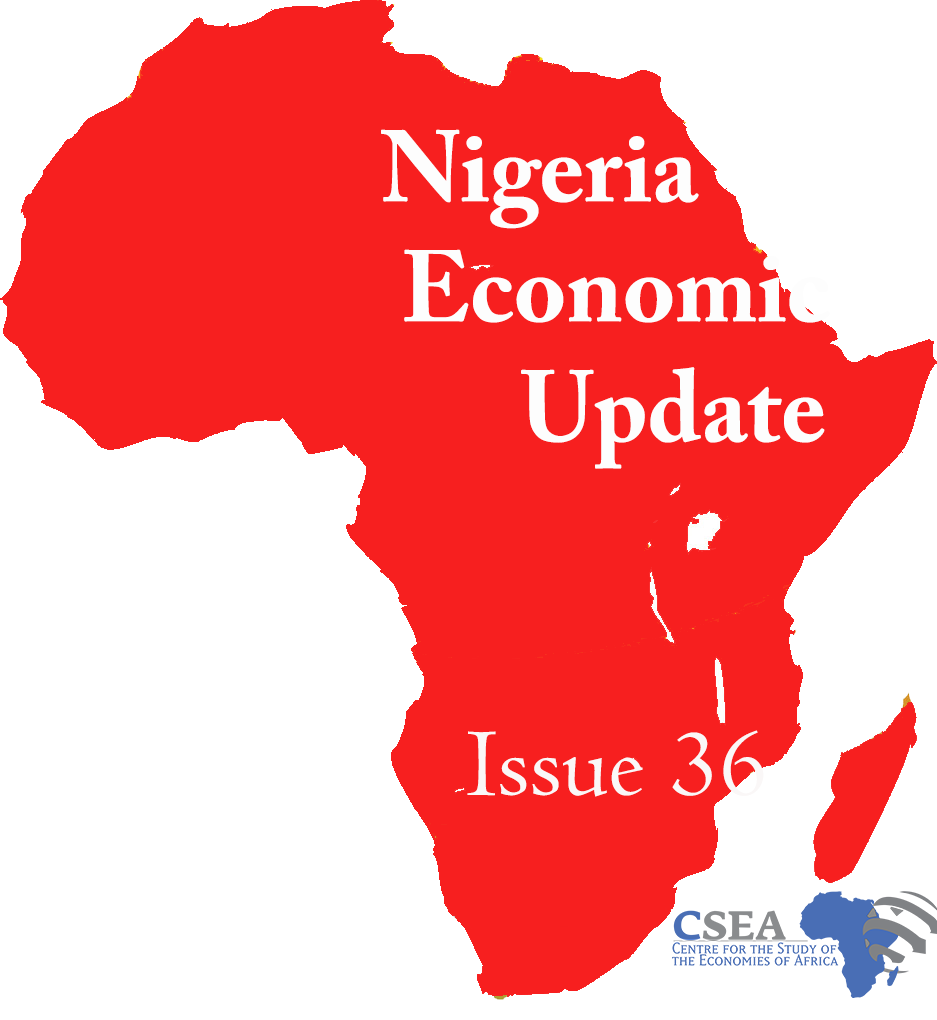
Capital importation into Nigeria dropped significantly in first quarter of 2019 with more than 26 states unable to attract any form of foreign investment during the quarter. At $5.82 billion, total capital imported declined significantly by 31.4% relative to $8.49 billion capital imported in the previous quarter1. By type of investment, while other investments (loans, and other claims) increased QOQ by 19% to $2.4 billion, both foreign direct and portfolio investments declined during the quarter. Foreign direct investment fell by 8.41% to $222.89 million, however, portfolio investment, Nigeria’s biggest source of capital importation, declined the most by about 40% from $7.15 billion in 2019Q1 to $4.29 billion in 2019Q2. The numbers suggest that investors seem weary of the weak economic and business environment and are taking a risk-averse stance. With the presence of internal push factors such as rising government debt, declining economic performance, and static business climate, we expect a continuous decline in foreign capital inflows. To attract capital inflows, there is need to boost investor protection by improving regulations on protecting minority investors, as well as managing conflict of interest between the government and investors in order to reduce the risk exposure to foreign investors.
